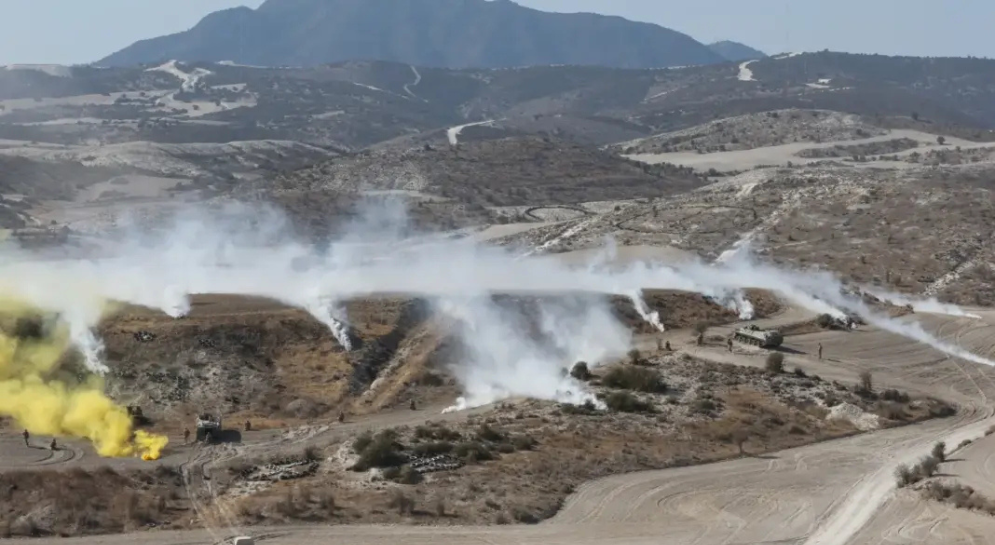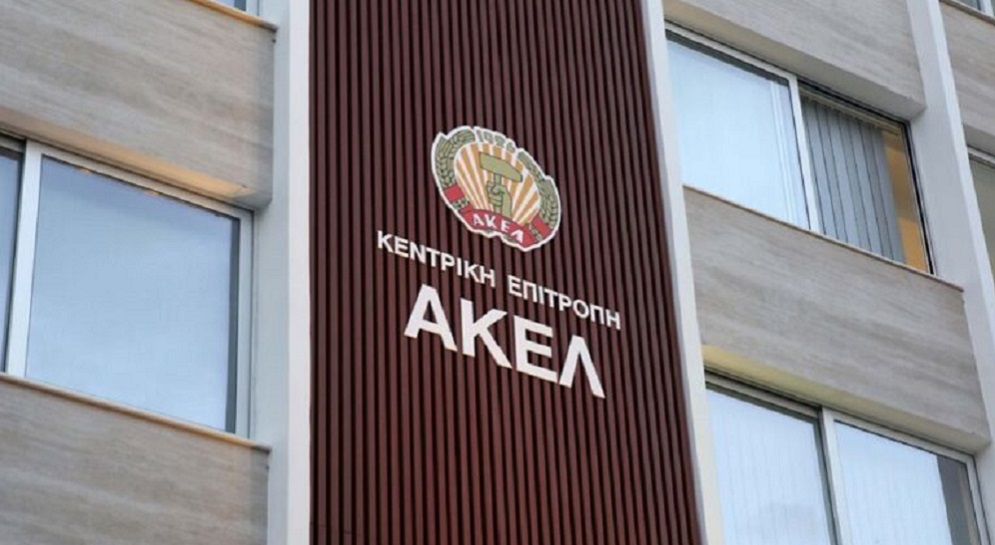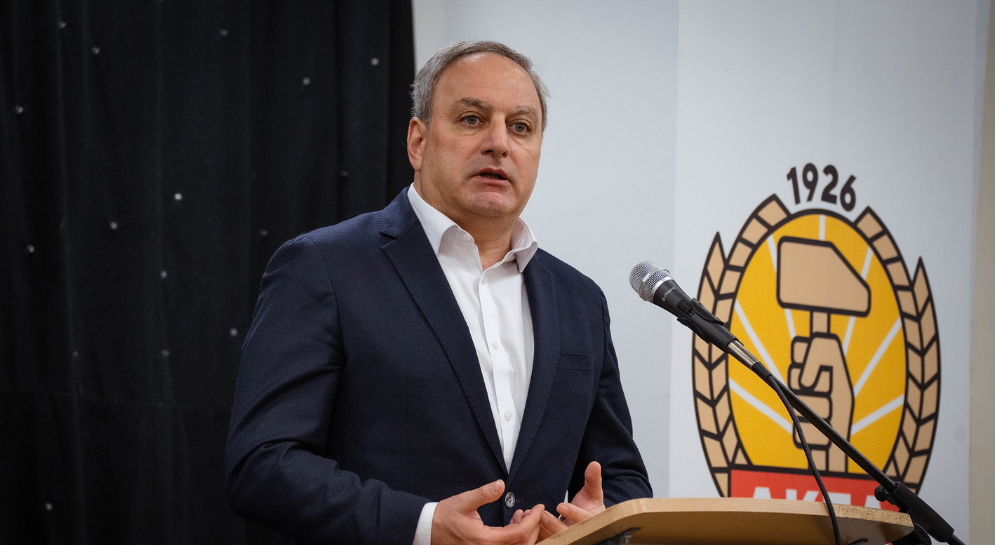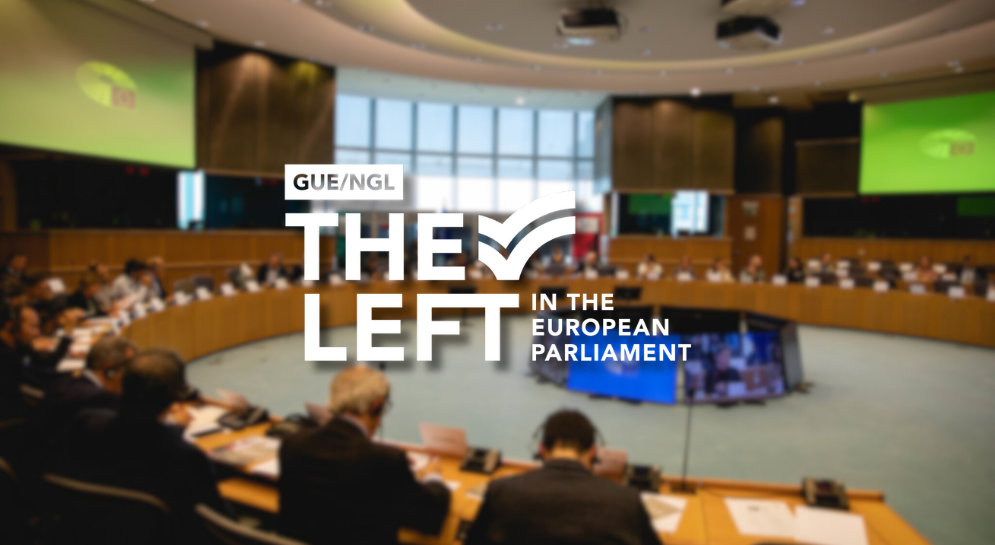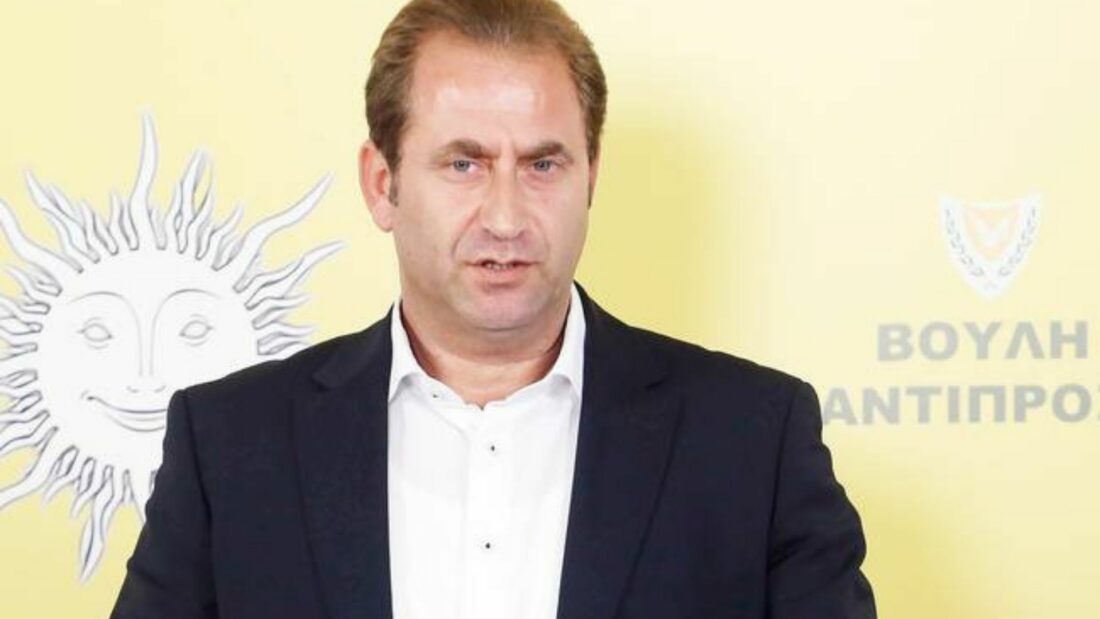
Interview with Giorgos Loucaides, AKEL Parliamentary Representative
Sunday, 21st March 2021, ‘Haravgi’ newspaper
“Continuation of negotiations within the Guterres Framework could provide a new opportunity for a solution”
———————————————————
Are the concerns about pressure on the Greek Cypriot side being exerted during the five-party conference perhaps justified only by those forces and circles who fear the possibility of the talks resuming with a view to a solution?
GL: It is true that every time there is mobility on the Cyprus problem, certain forces and circles constantly see dangers only, while others, I must say very few, see only opportunities and possibilities. On this point too the phrase ‘all things in moderation’ applies, namely neither one, nor the other. Those who are always and only worrying, evidently have as their starting point their disagreement with the sought goal of a bizonal, bicommunal federal solution. Overall, I would say that they are constantly trying to “kill” every prospect of reaching the otherwise agreed basis for a solution that was unanimously approved by the National Council.
AKEL considers that we should be vigilant against any potential dangers and pitfalls, but at the same time that the Greek Cypriot side must prepare itself properly so that it can make use of the opportunities and possibilities offered by the new conference on Cyprus, in order to achieve the resumption of substantive negotiations from the point where they had remained at Crans Montana. In the unfortunate scenario that this will not be achieved, the sole responsibility in the eyes of the international community must clearly to be borne by Turkey.
Do you agree that it is Turkey and the Turkish Cypriot side that are in a difficult position and not the Greek Cypriot side, bearing in mind that the international community as a whole supports the solution of bizonal, bicommunal federation with political equality and not a two state solution or confederation?
GL: Of course, the privileged conditions that best suits and serves Turkey is military tension and the prolonged deadlock on the Cyprus problem, particularly when the Greek Cypriot side is apportioned the blame too, as well as the barren passage of time in a way that consolidates fait accompli on the ground and in the minds of our people, Greek Cypriots and Turkish Cypriots.
On the contrary, what serves the Greek Cypriot side best is to face Turkey at the negotiating table for a solution of the Cyprus problem. As you correctly said, that’s precisely where the Greek Cypriot side can make use of not only the international community’s support towards the framework of a bizonal, bicommunal federal solution, but also of international law more broadly. Depending, always, on our handlings at the negotiating table, we can also draw support from powerful players in the international community, given that a solution of the Cyprus problem for various reasons, including the discovery of hydrocarbons in the Exclusive Economic Zone of Cyprus, can serve their own interests too, besides the interests of Greek Cypriots and Turkish Cypriots which is what is at stake.
If the conference on Cyprus is to yield a positive result, what is the minimum you can expect?
GL: As I have said before too, we hope the conference can be the starting point for the resumption of negotiations from where they had remained at Crans Montana. Permit me to recall that July 2017 was a unique and historic opportunity to reach an agreed solution that would ensure our liberation from guarantees, intervention rights and occupation troops and that would be in line with international law and the respect for the human rights of our people as a whole. By seeking the continuation of the negotiations on the core outstanding issues, as set out in the Guterres Framework, a new opportunity for a solution to the Cyprus problem may be provided, in accordance this very framework.
We understand, of course, that from 2017 until today, a lot of water has been poured into the mill of the final partition of Cyprus, with Turkey acting with an extreme aggression and provoking new illegal fait accompli, fully exploiting the criminal mistakes committed by Nikos Anastasiades. Mistakes and handlings that are facilitating Turkey immensely towards this end. That is precisely why we do not have such high expectations in view of the upcoming new conference on Cyprus at the end of April.
Does the acceptance of political equality represent a step back if it is agreed since 1991? Can political equality lead to sovereign equality?
GL: The acceptance of political equality does not constitute a retreat in any way, on the contrary it is a consequence of all that has been agreed, which are also included in the relevant resolutions of the Security Council of the UN.
Two more points. First, political equality is enshrined in the 1960 Constitution, for example, in the form of the vetoes of the Turkish Cypriot vice-president on very important competences. Second, in the Report he submitted in September 2017, the Secretary General of the United Nations points out that the issue of political equality was in effect agreed at Crans Montana.
Having said that, political equality cannot lead to sovereign equality, that is to say, to two states, unless the Greek Cypriot side itself agrees to such a despicable position, which will bring about the legitimization of the occupation. However, the possible continuation of President Anastasiades’ questioning of what has been agreed on the issue of political equality will not only not bring about any improvements, but will instead enable Turkey to put sovereign equality on the negotiating table and possibly achieve part or all of its goal – especially when the government of the ruling DISY party, in violation of the agreed procedure, has allowed the British to present mediation ideas with a similar content.

